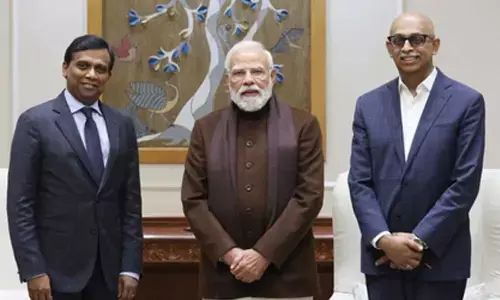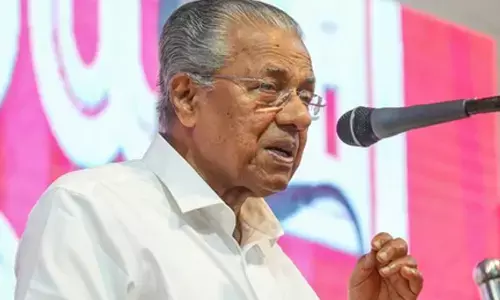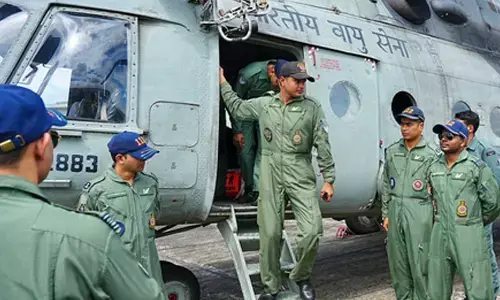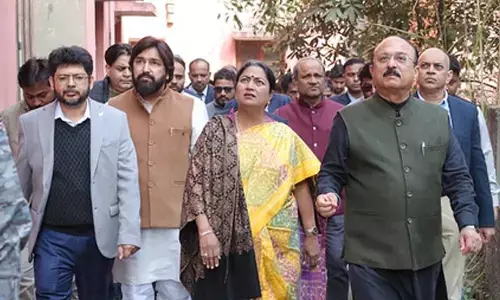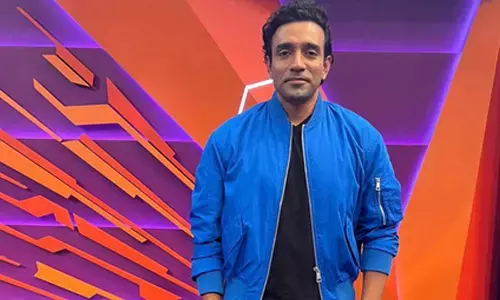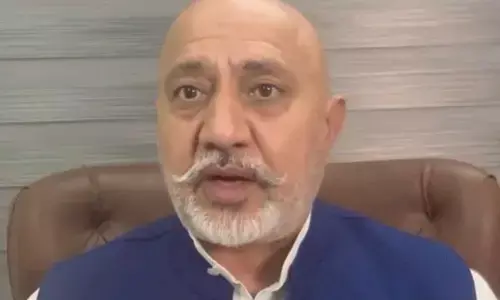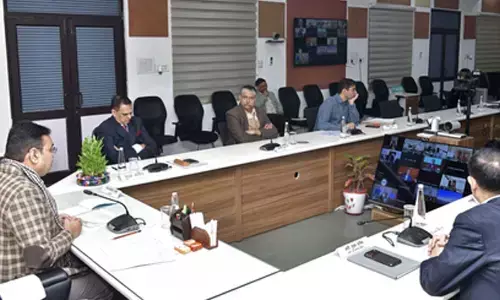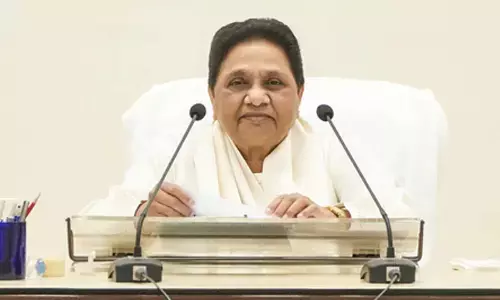Keep centre-state ties above politics
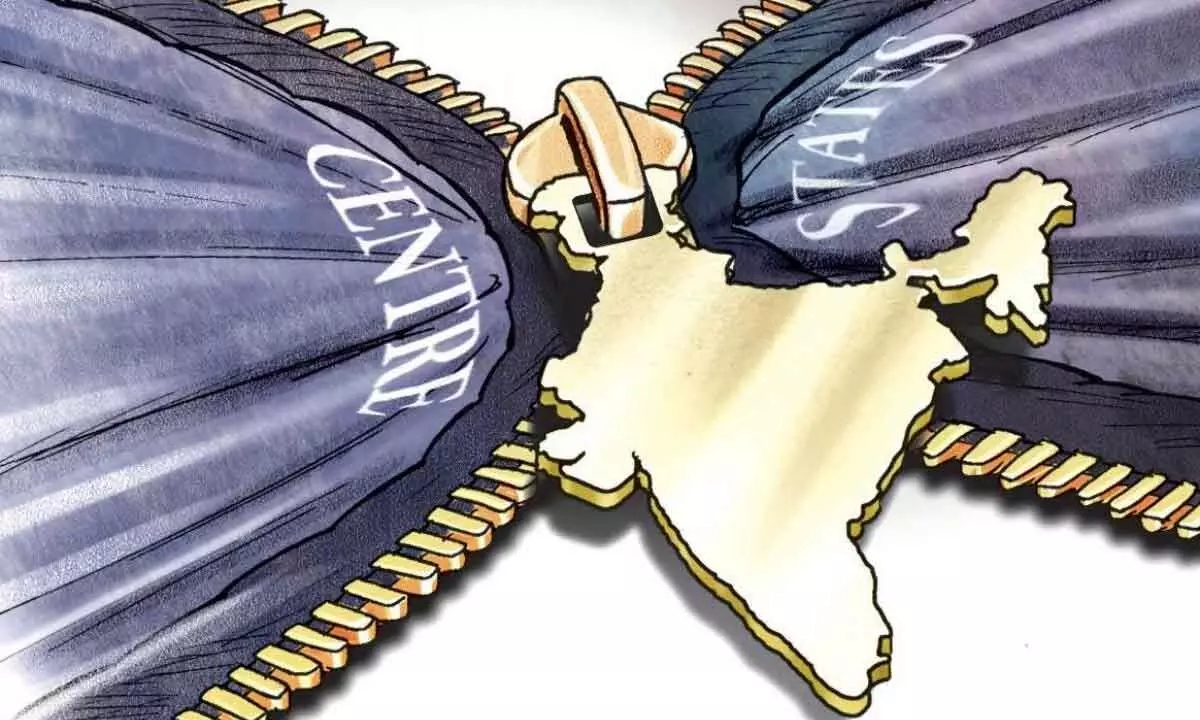
There appears to be an overdose of mixing of politics and governance which has been adversely affecting the centre-states relationship and the federal structure has come under some sort of strain.
There appears to be an overdose of mixing of politics and governance which has been adversely affecting the centre-states relationship and the federal structure has come under some sort of strain. In the last decade, we have seen a lot of changes in the political arena. While there have been signs of political centralisation at the national level, we are also witnessing a discernible resistance towards similar centralisation at the level of the states.
But neither the centre nor the states accept this and each blame the other. If the political parties, whether at the central or state level, refuse to alter the situation, not only will the relations between the centre and the states would sour but it would also affect the economy of country and the development of the states.
While the re-election of the Bharatiya Janata Party (BJP) in 2019 with an even bigger majority than what it had in 2014 resulted in saffron party's dominating political hegemony. The undemocratic trend of decimating the opposition by the BJP at national level and the regional parties in the state seems to be showing its impact on the political system and a serious rift is developing between the central and the state governments. With the elections less than a year away, the bitterness has reached a new high where some state governments refuse to attend important meetings convened by the centre, which includes pre-budget meeting.
What the political parties should understand is that the state governments are now actively competing to attract capital in various ways. This competition has also percolated in terms of attracting voters through populist polices or what has come to be known as freebies, a word which some regional parties do not like. They prefer to camouflage it under the guise of welfare measures. They should understand that in our political system, the state governments are more dependent on the centre for their revenue receipts than ever and hence there is a need to draw a line between dissent and cooperation. They need to learn to oppose at times but also be diplomatic on many other issues.
Another factor which will add to tension in the days to come is the growing incidents of raids by I-T and ED. There are allegations that the BJP-led Union government is being vindictive and "misusing" central agencies like I-T, ED and CVC against certain state governments including Telangana. The allegation may not be totally out of context. But what is most dangerous is the way the Telangana Minister for Labour, Mallareddy who had to face I-T raids, reacted on Sunday.
There is nothing wrong in claiming that the TRS-turned-BRS would come to power at the centre. But his comment that if BRS comes to power, there would be no I-T raids, and anyone can earn any amount of money is something that causes concern.
The TRS, nay, the BRS should now make it clear if it is their national party's policy that they would wind up the I-T if they come to power and allow uncontrolled amassing of wealth by people of the country. If not, the party should nip such thoughts in the bud and advise its leaders to show greater maturity since it is in the process of converting itself into a national party. A national party must be more responsible and, perhaps, the first and foremost job for BRS should be to train the pink party leaders in that direction.








